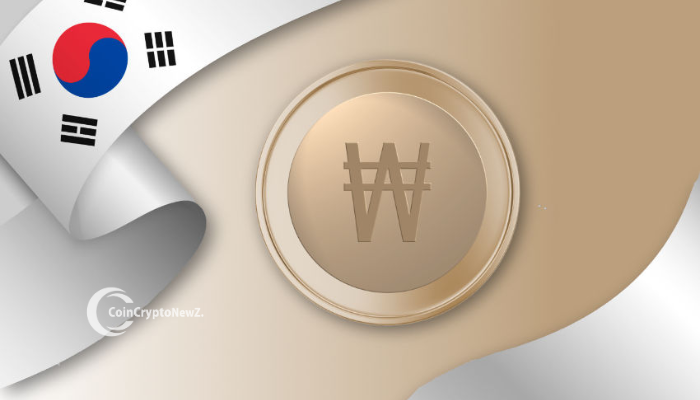In a groundbreaking move, eight of South Korea’s leading banks, including KB Kookmin and Shinhan, have joined forces with the Open Blockchain and DID Association and the Financial Settlement Institute to launch a Korean won (KRW)-pegged stablecoin.
Announced today by Wu Blockchain, this initiative marks the first time the country’s banking sector has collectively ventured into the digital asset space, forming a consortium aimed at countering the dominance of U.S. dollar-based stablecoins.
The project introduces two innovative models: a trust-based stablecoin, managed by third-party entities for enhanced transparency, and a deposit-linked version tied directly to bank deposits, leveraging existing banking oversight. This dual approach addresses both regulatory scrutiny and investor confidence, especially following the 2023 Terra-Luna collapse, which exposed vulnerabilities in algorithmic stablecoins. The Bank of Korea’s Governor Rhee Chang-yong recently endorsed the concept, though he cautioned about potential challenges to foreign exchange management, as reported by The Korea Herald on June 19, 2025.
This development aligns with South Korea’s booming digital economy, where e-commerce and gaming sectors are projected to reach $200 billion by 2026, per Statista. The won-based stablecoin could revolutionize transactions in these industries, reducing reliance on foreign digital currencies amid the Trump administration’s 2025 push for dollar dominance, as noted by Ledger Insights. However, the lack of local stablecoin regulations poses risks, with no peer-reviewed studies yet assessing the systemic impact on banking stability.
Analysts see this as a potential global precedent for bank-led blockchain adoption, challenging the narrative that only central bank digital currencies can drive innovation. As regulators deliberate between a fintech trust model and a bank-driven expansion, South Korea’s move could reshape its digital asset ambitions, balancing opportunity with the lessons of past crypto failures.
Disclaimer: This article is for informational purposes only and does not constitute financial advice. CoinCryptoNewz is not responsible for any losses incurred. Readers should do their own research before making financial decisions.







